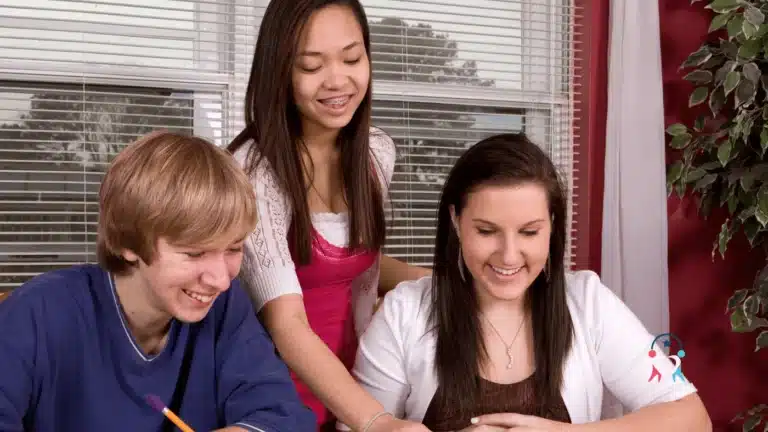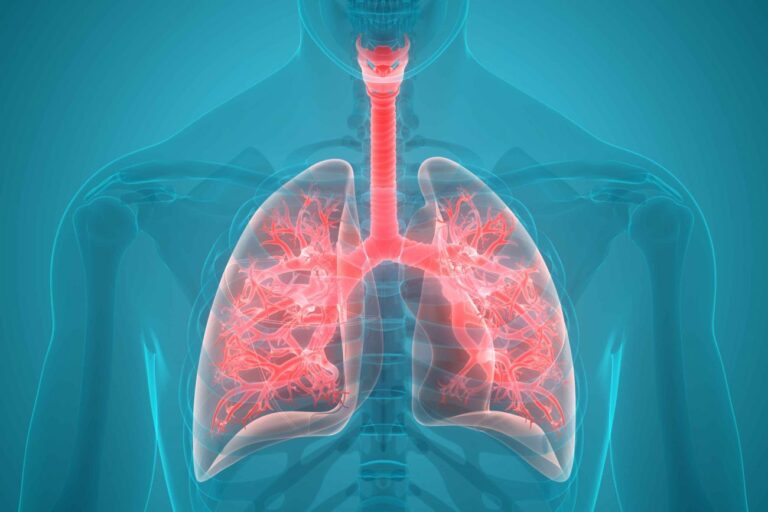Particularly for those dealing with emotional, behavioral, or psychological problems, adolescence can be a difficult stage of life. Teenagers that are troubled could struggle with trauma-related problems, despair, anxiety, or drugs and alcohol. In these situations, teen residential treatment center provides a disciplined and encouraging surrounding to let these people overcome obstacles and flourish. These initiatives are meant to give a secure environment for behavior modification, emotional healing, and personal development.
Professional Guidance and Therapy
Access to qualified specialists specialized in adolescent care is one of the main advantages of teen residential treatment. The therapy team consists in great part of licensed therapists, counselors, and psychiatrists. Addressing the underlying reasons for the teen’s problems, these experts provide family therapy, group counseling, and individual treatment. Therapy offers the tools to help one learn good coping strategies, control emotional pain, and enhance communication abilities. The professional advice kids get promotes long-term mental well-being and helps them negotiate the complexity of puberty.
Safe and Structured Environment

One main benefit of residential treatment is its regimented surroundings. For disturbed teenagers, a consistent schedule might offer stability and security missing from their family life. Daily operations of residential treatment centers include therapeutic sessions, academic education, leisure activities, and skill-building exercises. These programs’ organized framework enables teenagers to concentrate on their treatment objectives, therefore instilling discipline and responsibility. The surroundings are also meant to protect teenagers from outside factors that can impede their recovery, such as peer pressure or the allusion to dangerous drugs.
Building Social Skills and Peer Relationships
Teen residential programs have controlled environment peer contact chances. These initiatives let teenagers connect with others who could have gone through similar events, therefore fostering understanding and belonging. By use of group therapy and shared activities, teenagers can acquire cooperative skills, effective communication techniques, and conflict resolution ability. Developing good rapport with peers in treatment can be quite helpful since it promotes empathy and enables them to acquire the social skills required to negotiate life outside the treatment center.
Teen residential treatment facilities provide problematic young people an all-encompassing rehabilitation and recovery program, including support from professionals and peers in a structured environment at a teen residential treatment center. These programs give teenagers the tools they need to overcome their obstacles by means of professional therapy, a disciplined setting, chances for social interaction, and a concentration on personal development. Troubled teenagers can recover control over their lives and lay a strong basis for a good future with the help of a loving and concentrated environment.









